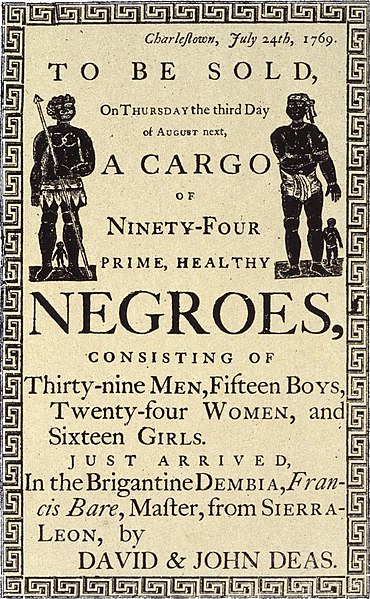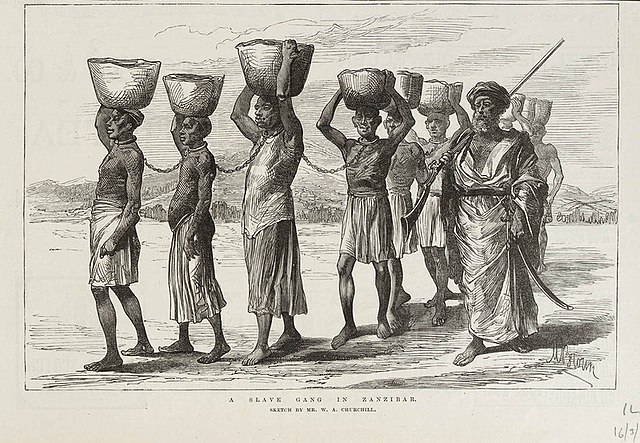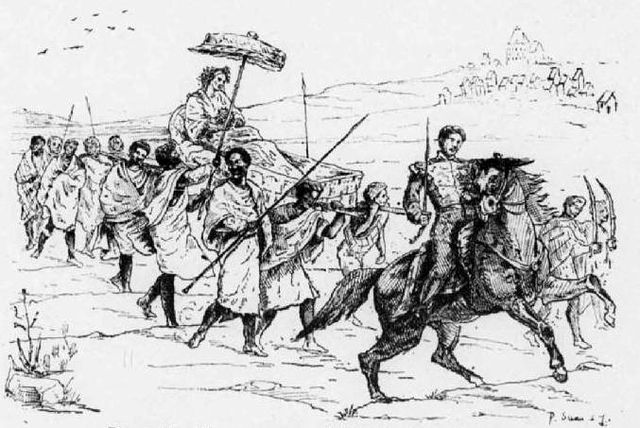The Atlantic slave trade or transatlantic slave trade involved the transportation by slave traders of enslaved African people, mainly to the Americas. The outfitted European slave ships of the slave trade regularly used the triangular trade route and its Middle Passage, and existed from the 16th to the 19th centuries. The vast majority of those who were transported in the transatlantic slave trade were from Central and West Africa who had been sold by West African slave traders to European slave traders, while others had been captured directly by the slave traders in coastal raids; European slave traders gathered and imprisoned the enslaved at forts on the African coast and then brought them to the Americas. Except for the Portuguese, European slave traders generally did not participate in the raids because life expectancy for Europeans in sub-Saharan Africa was less than one year during the period of the slave trade. Portuguese coastal raiders found that slave raiding was too costly and often ineffective and opted for established commercial relations.

Reproduction of a handbill advertising a slave auction in Charleston, British Province of South Carolina, in 1769
Portuguese mariners used caravel ships and traveled south along the West African coast and colonized Cape Verde in 1462.
Noah curses Ham by Gustave Doré - The Curse of Ham was used as a justification to enslave Africans.
A depiction of enslaved people transported across the Sahara desert
Slavery has historically been widespread in Africa. Systems of servitude and slavery were common in parts of Africa in ancient times, as they were in much of the rest of the ancient world. When the trans-Saharan slave trade, Red Sea slave trade, Indian Ocean slave trade and Atlantic slave trade began, many of the pre-existing local African slave systems began supplying captives for slave markets outside Africa. Slavery in contemporary Africa is still practised despite it being illegal.
A Zanj slave gang in Zanzibar (1889)
Slaves for sacrifice at the Annual Customs of Dahomey – from The history of Dahomy, an inland Kingdom of Africa, 1793
Young slave women in Luanda, around 1897
Malagasy slaves (Andevo) carrying Queen Ranavalona I of Madagascar








